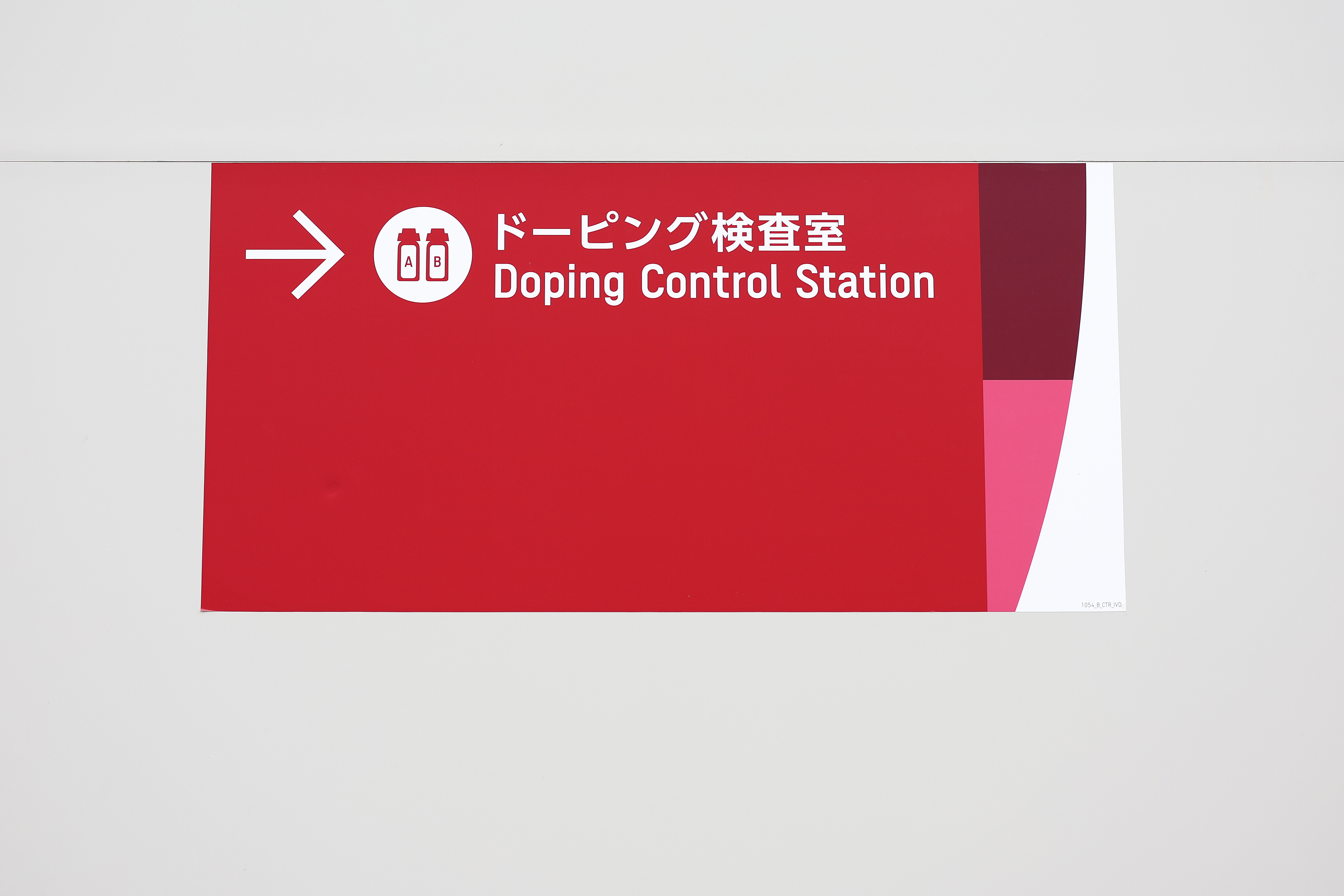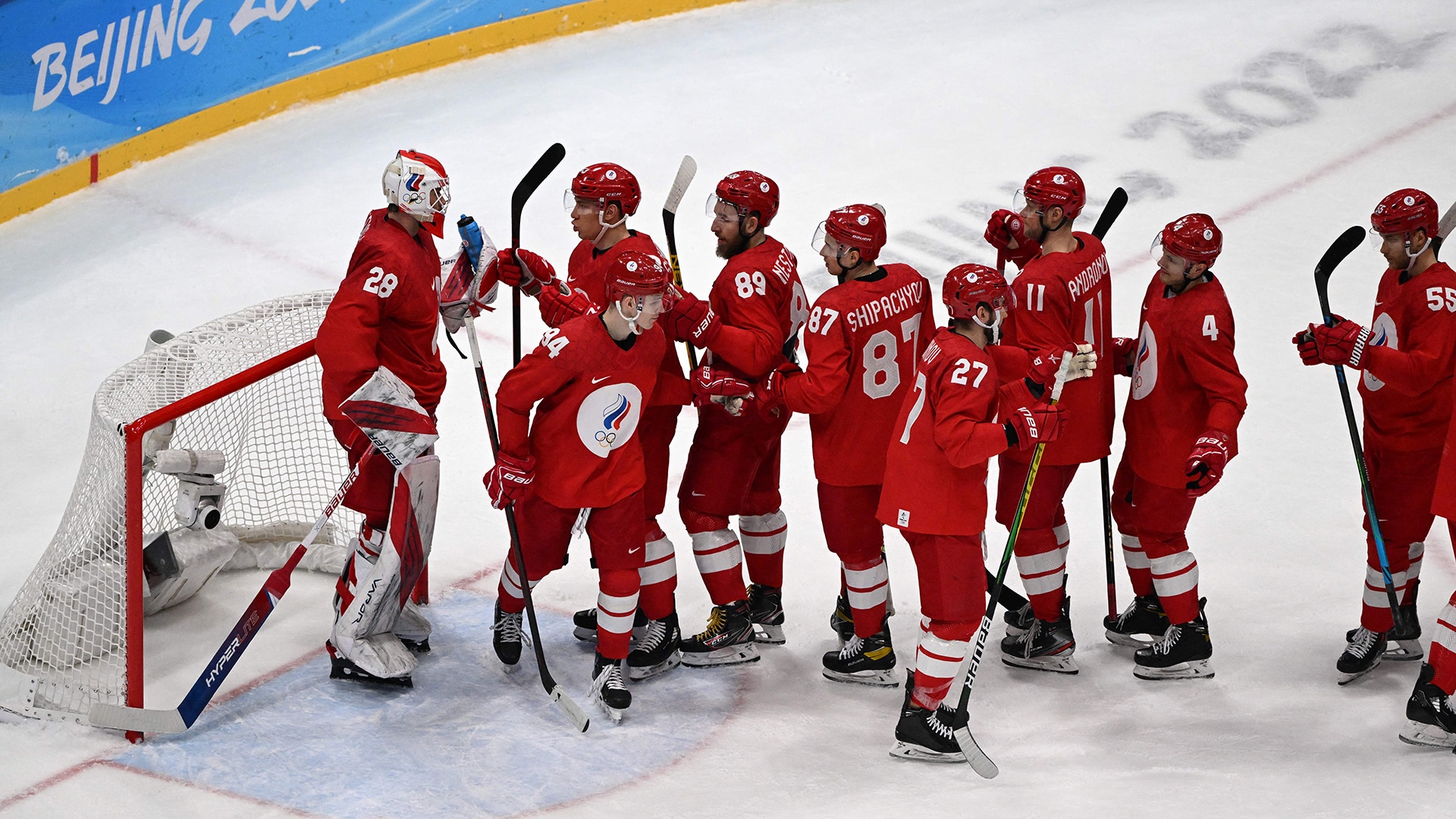Russian figure skater Kamila Valieva, the 15-year-old superstar who capped off her team's win in figure skating over the weekend, tested positive for a banned substance prior to the 2022 Winter Olympics, NBC Sports reported Wednesday.
Team figure skating concluded Sunday with Valieva's first-place finish in the women's single, putting the Russian Olympic Committee atop the field and due to receive their gold medals late Tuesday. But the scheduled ceremony, in which the United States would receive silver and Japan bronze, was pulled from its scheduled slot.
NBC News reported the drug detected was trimetazidine, a metabolic agent that helps prevent angina attacks and treats vertigo, according to the European Union’s medicines agency. It is banned by the World Anti-Doping Agency because it can help endurance and increase blood flow efficiency.
The sample was reportedly obtained before Valieva won the European championship last month in Estonia, a performance that solidified her status as the leader of Russia's “quad squad” of elite women's figure skaters headed to Beijing.
The Hurricane season is on. Our meteorologists are ready. Sign up for the NBC 6 Weather newsletter to get the latest forecast in your inbox.
It’s unclear if Russia is appealing or fighting the result. Her appearance at practice implies that the federation isn't accepting any finding that would eliminate her.
“She is not suspended,” Russian figure skating federation spokeswoman Olga Ermolina said, with no further detail.
Valieva ran through her program and skated with teammate Alexandra Trusova while getting pointers from coach Eteri Tutberidze at the practice rink. Valieva flashed a smile to one of her coaches near the end of the roughly 30-minute session, and none of the skaters took questions from reporters.
When Valieva left the press conference area, she gave a gesture with a fist in the air. It appeared she responded to something inaudible asked by a journalist speaking to her in Russian.
A positive test could cost the Russians the gold medal in team competition and threaten Valieva's chance to win the individual competition that starts Tuesday. She is the heavy favorite.
International Olympic Committee spokesman Mark Adams earlier cited “legal consultation” required with the governing body of skating.
The International Skating Union, which had earlier in the week said it needed "legal consultation" with the IOC, said in a statement Thursday it could not "disclose any information about any possible Anti-Doping rule violation," citing its rules for the 2022 Olympics.
The team event was contested over three days between Friday and Monday and included two elements in each of men’s, women’s, pairs and ice dance categories.
Valieva had the standout performance, becoming the first female skater to land a quad jump at an Olympics.
If any athlete and team were disqualified or had their results nullified, an appeal would likely follow, which could further delay the medals presentation.
The Court of Arbitration for Sport has set up an office in Beijing to hear urgent cases during the Winter Games.
Technically, it isn't Russia competing at the Beijing Olympics, but the ROC.
Russia's name and flag are banned from the Olympics once again in the continuing fallout from the doping scandals that dominated the last decade of Russian sports.
It will be the third and last Olympics under these restrictions for Russia, which fielded an ROC team at last year's Tokyo Olympics and the “Olympic Athlete from Russia” team at the 2018 Winter Olympics in Pyeongchang, South Korea.
The 2018 sanctions were for doping and cover-ups when Russia hosted the 2014 Winter Olympics in Sochi. The current punishment is for a further cover-up, when the World Anti-Doping Agency found it had been handed manipulated doping data from the country's national testing lab, which was under the control of Russian law enforcement. The restrictions on Russia expire in December 2022, well before the 2024 Summer Olympics in Paris.
The Russian government denies there was any state involvement in doping.




